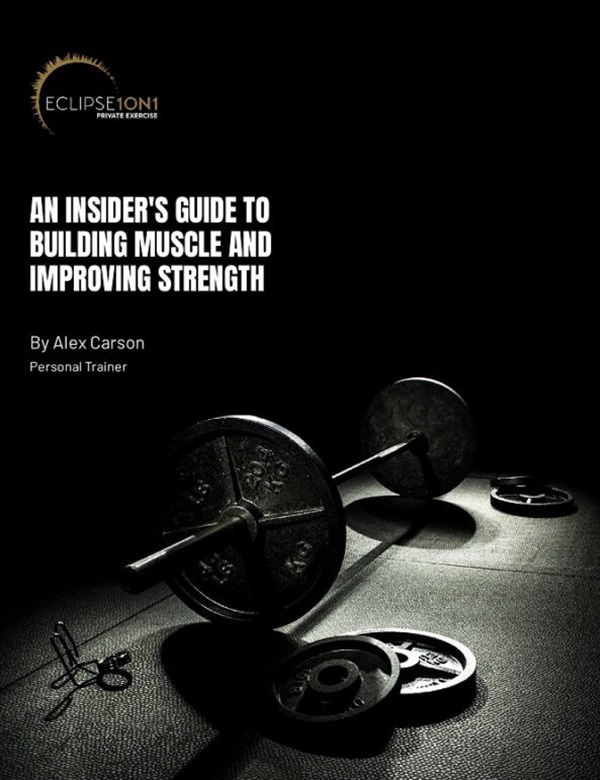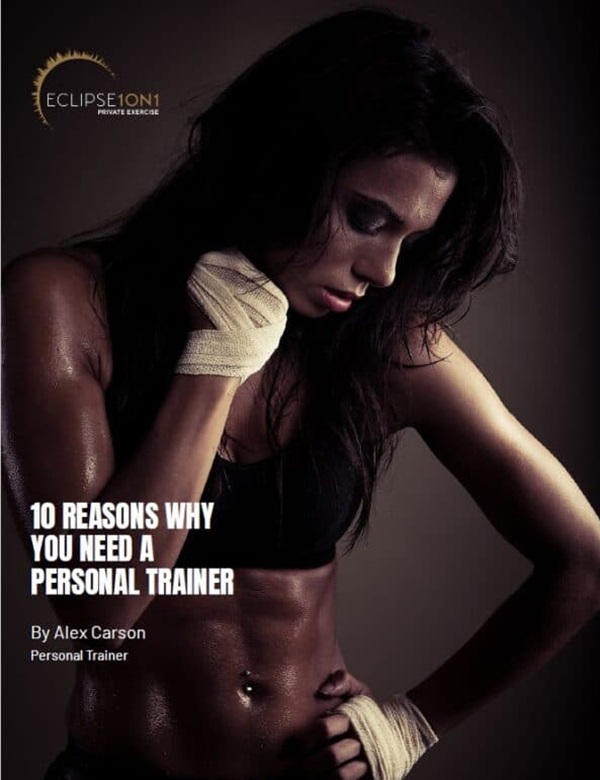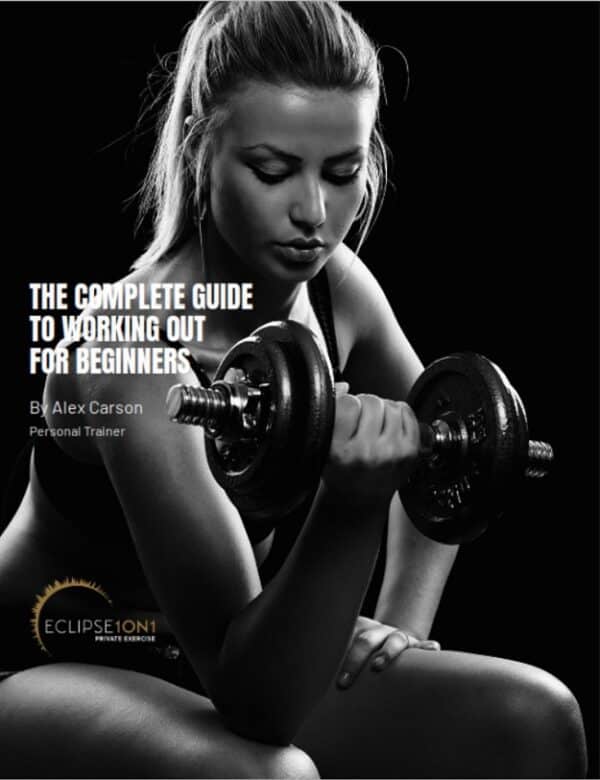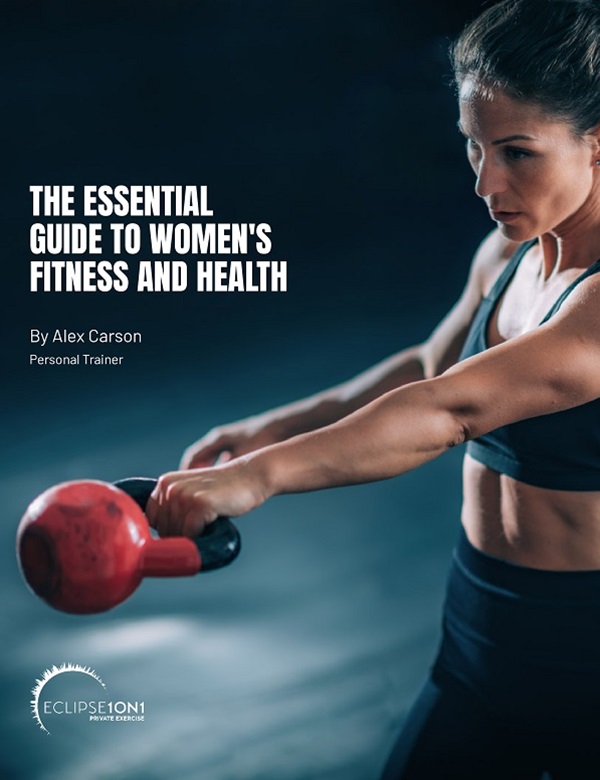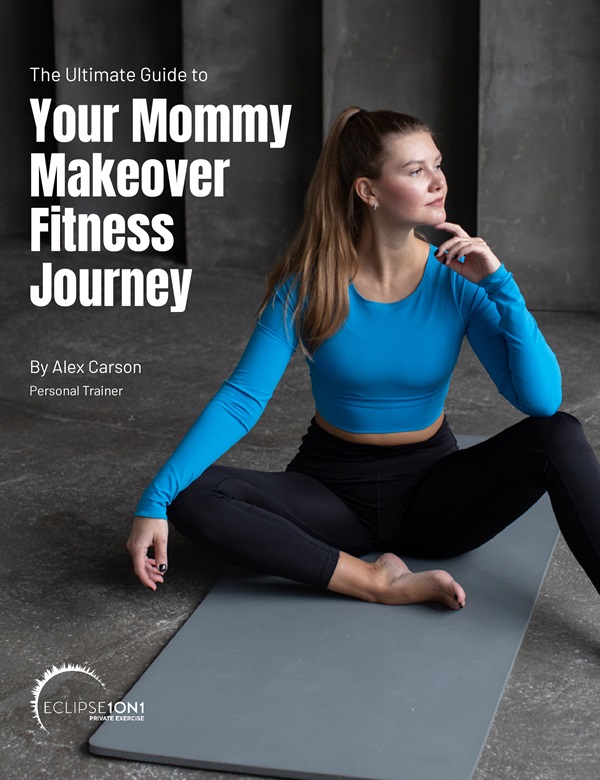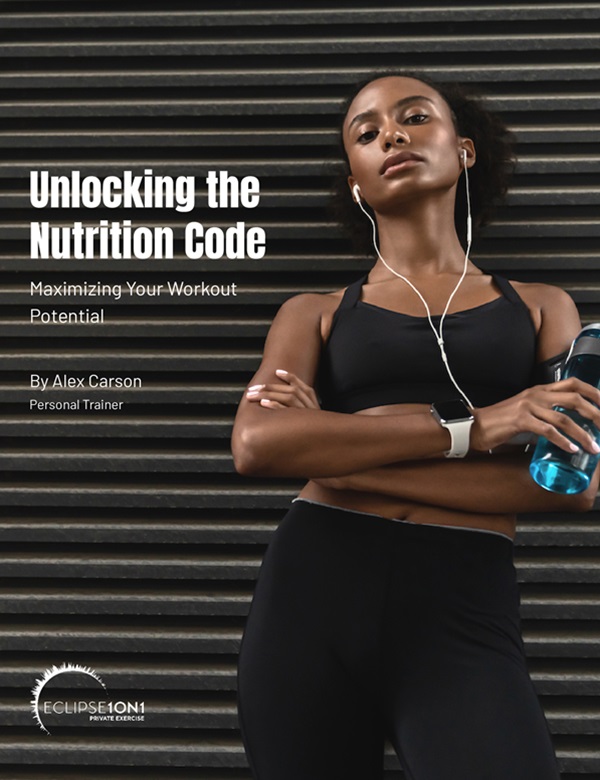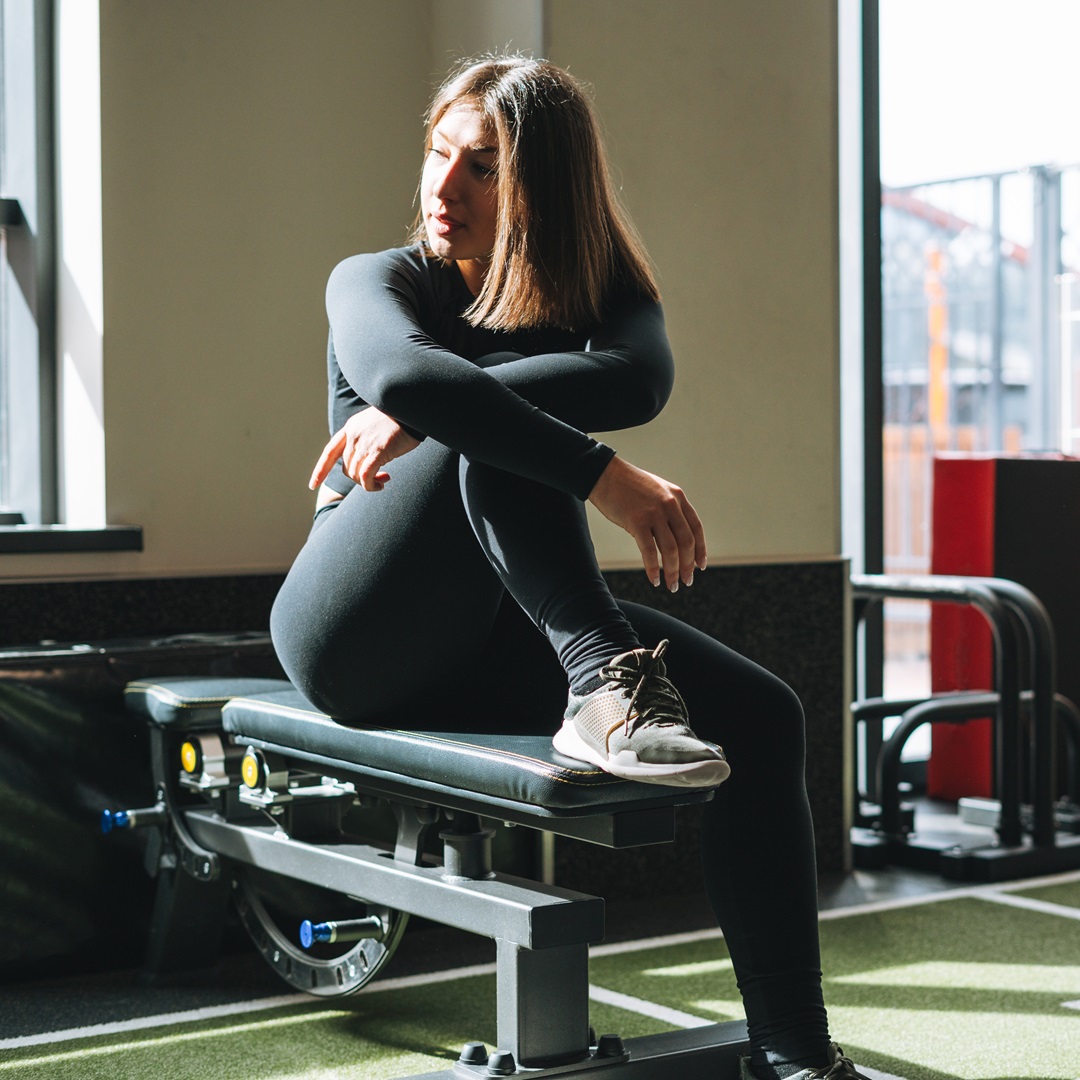Your Summer Workout Nutrition Guide
Your Summer Workout Nutrition Guide
Summer heat can take a toll on your workout. Exercising in temperatures at 90 degrees or more puts extra stress on your body in a variety of ways.
When the air temperature heats up, your body sends more blood to circulate through your skin and, in turn, leaves less oxygenated blood to feed your muscles, which increases your heart rate. Your body’s core temperature can also rise when humidity is high, putting it under more stress. Make sure your body is up to the challenge of working out in Atlanta’s heat and humidity by powering it with the proper nutrition.
Not All Carbs Are Bad
Start by fueling your body the right way before you hit the gym. Despite their bad rap, not all carbs are bad. Working out without some carbs can hinder your performance and your recovery. A little protein and some carbs will give you the boost you need to go hard to the finish. Peanut butter and apple are light enough not to weigh you down and gives you enough energy to power through any type of exercise.
Hot weather can turn off your appetite, but you don’t have to eat a large meal to replace lost nutrients. Focus on lighter foods, including fresh fruits and veggies along with fish or seafood. Salmon, tuna, lobster, and calamari make great summertime meals. If you want grilled burgers and dogs, go with lean meat and light toppings, such as salsa, guacamole, or feta cheese. Keeping pace with your body’s needs doesn’t have to mean large meals. Watching your carb load can help keep your body lean or continue to lose some weight.
Hit the Produce Department
The wonderful thing about summer is all the fresh produce choices. Fresh fruit is a terrific way to replace sugars, electrolytes, and vitamins lost from a tough workout. Colorful vegetables have the most nutritional benefits, so be sure to eat a variety to keep your meals interesting.
Unless you are working out more than an hour at a time, it’s not necessary to guzzle sports drinks or chocolate milk afterward. Usually, you are just replacing the calories you just burned with these sugary drinks, and your body is fine without them. Instead, follow up your workout with some light snacks, plenty of water, and green tea to reduce inflammation. Choose foods that have some salt and are high in magnesium and potassium, such as leafy vegetables, bananas, milk, yogurt, almonds, and pumpkin seeds. This will help restore glycogen levels and rehydrate your body with needed electrolytes and nutrients to get ready for your next workout.
Summer workout nutrition also includes an energy-boosting breakfast. Balancing protein, carbs, and healthy fat can provide a healthy fuel to get your day started. Ditch the sugary cereal, and blend fruit with your favorite protein mix if you aren’t into cooking before work. Weekends might give you more time to scramble some eggs, fruit, and yogurt or oatmeal.
Are You a Grazer?
Don’t go hungry or give into last-minute impulses at the vending machine. Keep a cooler in the car so you have ready access to chilled water, healthy sandwiches, fruit, hummus, and other snacks. Eating a small meal or light snack several times a day can keep you from gobbling large or unhealthy meals after a long day at work. Letting your appetite grow will make you more prone to giving in to cravings, high-carb meals, and processed foods.
Find Accountability
A friend, spouse, or trainer can be instrumental in helping you stick with your nutritional journey. Friends and significant others can provide encouragement, prepare meals and snacks, or join your summer nutrition goals. Trainers are excellent sources of information and accountability for nutrition goals. They can encourage you to stick with a plan and give fresh ideas, so your meals don’t get boring. Success is most often achieved when you bring others in on your plan.

